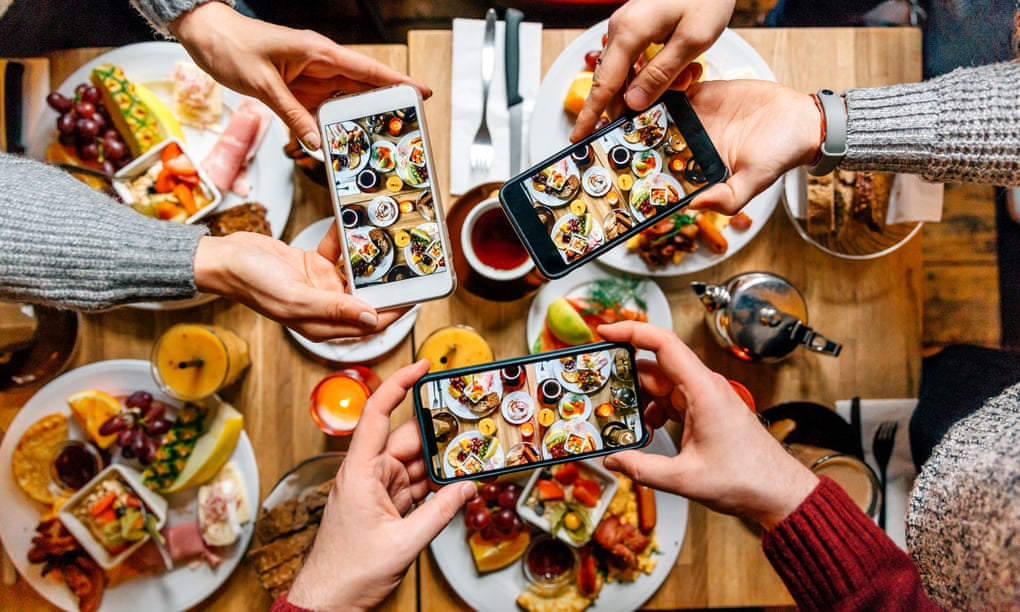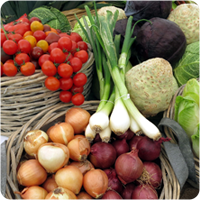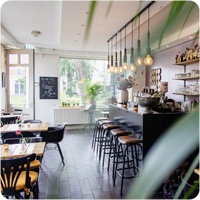Het arrangement Obsessed with food v456 is gemaakt met Wikiwijs van Kennisnet. Wikiwijs is hét onderwijsplatform waar je leermiddelen zoekt, maakt en deelt.
- Auteur
- Laatst gewijzigd
- 11-05-2025 22:55:13
- Licentie
-
Dit lesmateriaal is gepubliceerd onder de Creative Commons Naamsvermelding-GelijkDelen 4.0 Internationale licentie. Dit houdt in dat je onder de voorwaarde van naamsvermelding en publicatie onder dezelfde licentie vrij bent om:
- het werk te delen - te kopiëren, te verspreiden en door te geven via elk medium of bestandsformaat
- het werk te bewerken - te remixen, te veranderen en afgeleide werken te maken
- voor alle doeleinden, inclusief commerciële doeleinden.
Meer informatie over de CC Naamsvermelding-GelijkDelen 4.0 Internationale licentie.
Aanvullende informatie over dit lesmateriaal
Van dit lesmateriaal is de volgende aanvullende informatie beschikbaar:
- Toelichting
- Deze les valt onder de arrangeerbare leerlijn van de Stercollectie voor Engels voor vwo, leerjaar 4, 5 en 6. Dit is thema 'Food issues'. Het onderwerp van deze les is: Obsessed with food. Deze les gaat over het dagelijks (obsessief) bezig zijn met eten door er veel over na te denken, er foto's van te maken en door erover te praten. Dit wordt ook wel de 'millennial obsession with food' genoemd. Er wordt daarnaast ook aandacht besteedt aan mensen die dagelijks werken met eten zoals koks, food bloggers of evenementenorganisators.
- Leerniveau
- VWO 6; VWO 4; VWO 5;
- Leerinhoud en doelen
- Engels;
- Eindgebruiker
- leerling/student
- Moeilijkheidsgraad
- gemiddeld
- Studiebelasting
- 4 uur 0 minuten
- Trefwoorden
- arrangeerbaar, engels, foto's van eten, millennial obsession with food, obsessed with food, stercollectie, v456, werken met eten

 In this section we are going to read about more about food and specifically the idea that millennials, that’s you! are obsessed with food.
In this section we are going to read about more about food and specifically the idea that millennials, that’s you! are obsessed with food.


 Ask and answer these questions with your partner.
Ask and answer these questions with your partner.
 You will hear five short extracts in which people are talking about working with food. Choose from the list the person who is speaking. There is one you do not need.
You will hear five short extracts in which people are talking about working with food. Choose from the list the person who is speaking. There is one you do not need. You are going to read an article about the so-called millennial obsession with food.
You are going to read an article about the so-called millennial obsession with food. Find words in the text that have the following meanings:
Find words in the text that have the following meanings:
 You see the following announcement in an international magazine.
You see the following announcement in an international magazine. What have you learnt in this period?
What have you learnt in this period?